Reports & Research
-
Image
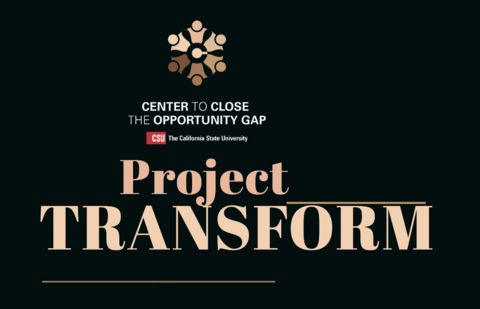
Project TRANSFORM
CSULB Faculty Researchers:
Caroline Lopez Perry, Cara Richards-Tutor, Diana Porras, Jolan Smith, Hiromi Masunaga, Oscar Navarro
-
Image
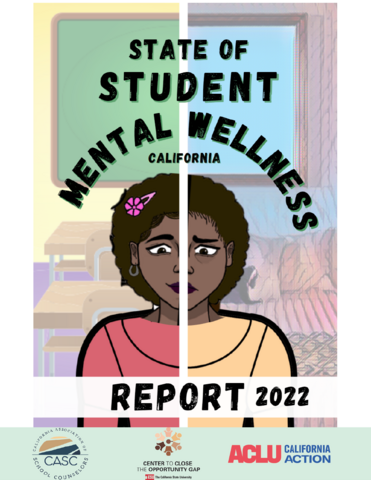
State of Student Wellness Report 2022
Student mental health is highly connected to student success and well-being. This survey examines how the COVID-19 pandemic and the shift between in-person, online and hybrid models of learning has impacted students.
-
Image
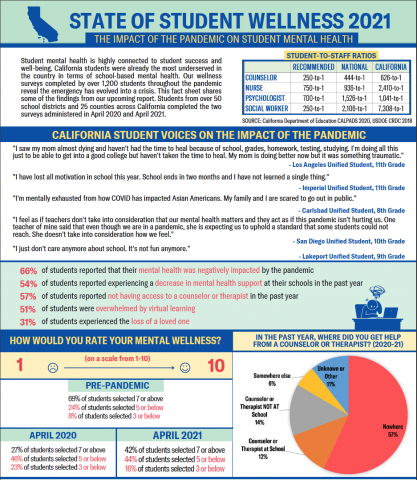
State of Student Wellness 2021
Prepared in partnership with the California Association of School Counselors, the American Civil Liberty Union of Southern California and the CSU Center to Close the Opportunity Gap
-
Image
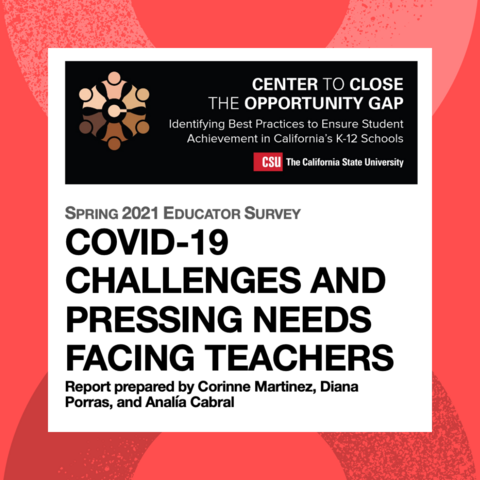
COVID 19 Challenges and Pressing Needs Facing Teachers Report
Take a peek at our final and official spring 2021 educator survey report prepared by Dr. Corinne Martinez, Dr. Diana Porras, and Analía Cabral!
-
Image
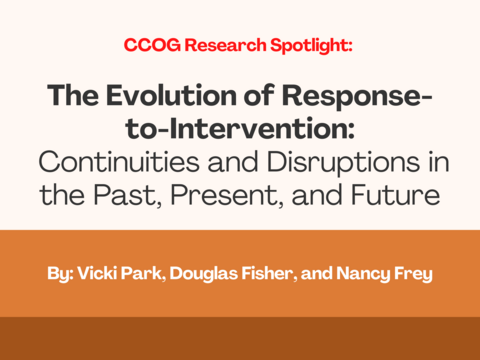
The Evolution of Response-to-Intervention Continuities and Disruptions in the Past, Present, and Future
The Evolution of Response-to-Intervention Continuities and Disruptions in the Past, Present, and Future by Vicki Park, Douglas Fisher, and Nancy Frey
